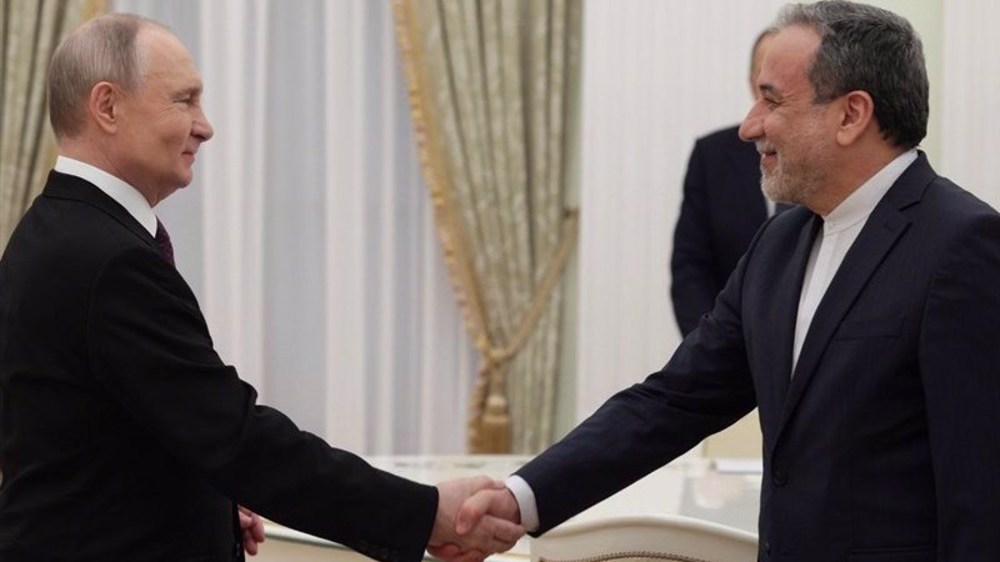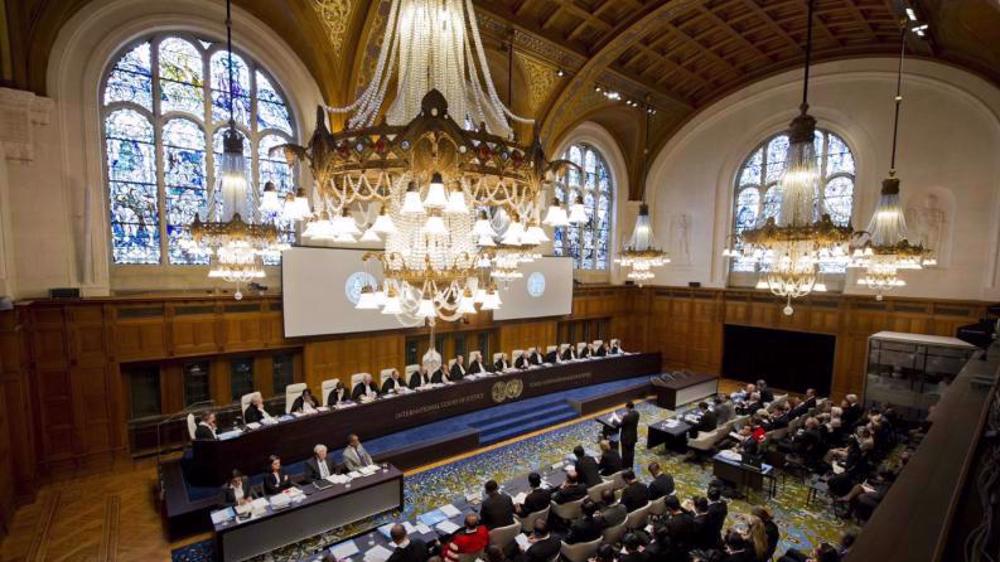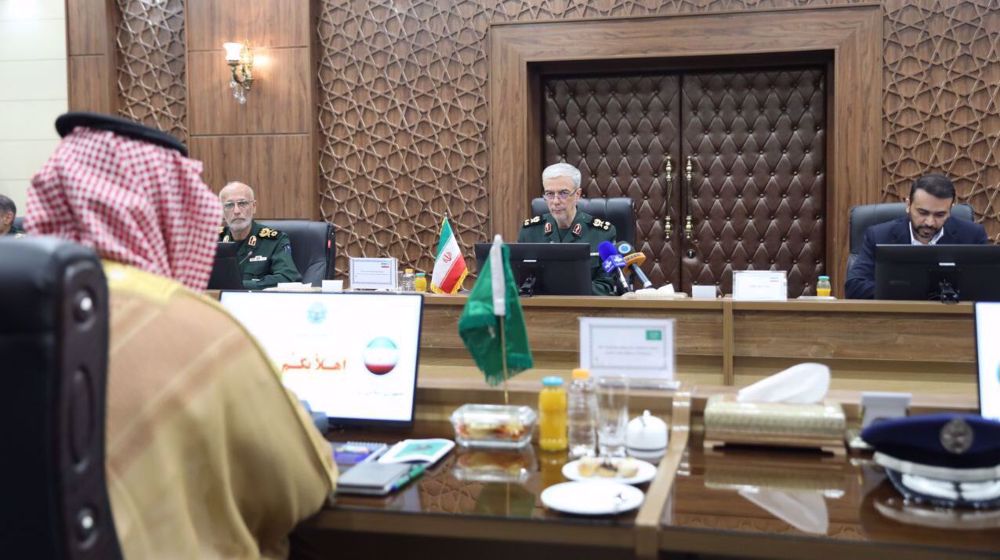Iran urges halt to attacks on Yemen as precondition for talks
A senior adviser to Ayatollah Seyyed Ali Khamenei, the Leader of Iran’s Islamic Revolution, says ending Saudi Arabia's extremely “savage bombardments” should be a precondition for any talks on Yemen's situation.
Speaking to reporters after a meeting with Lebanese parliament speaker Nabih Berri, Ali Akbar Velayati said Monday that any discussion on the Arab country’s future should be mediated by international entities and should only be attended by Yemenis.
“This can be done with the mediation of an international organization such as the United Nations and only between Yemeni sides and at an impartial location,” said Velayati, who is currently in Lebanon to take part in an international meeting on Palestine.
Referring to an ongoing conference on Yemen's situation in the Saudi capital city of Riyadh, Velayati reiterated that such meetings should be held in a neutral country as the Saudis themselves are part of the conflict, adding that internal the affairs of Yemen have nothing to do with other states, including Saudi Arabia.

The Ansarullah movement in Yemen has slammed the Riyadh sponsored talks, saying it will only engage in dialog in Yemen or in a neutral country. The group says the current dialogue does not represent the demands of the Yemeni population
“This is another dialog conference just like the previous conferences which failed because they do not represent the Yemeni people, they only represent the previous oppressive powers who used to rule over Yemen,” Alkarar al-Kuhlani, a member of the group, told Press TV’s corespondent Yousef Mawry in Sana’a.

In the first day of the conference, the embattled Hadi accused the Ansarullah movement of taking over power by force. He called on members of the group to disarm and to recognize what he called the Yemeni authority
According to Press TV's correspondent, Yemeni people, however, principally ignore Hadi’s demand as irrational, as he fled the country and began contributing to the full-blown military aggression against their country.
“Hadi means nothing to Yemenis. He was once trusted by them, but he decided to forsake the trust and plotted with foreign nations against them. In addition, he has committed many betrayals. Therefore, he is no longer the legitimate president,” Muhamed Subri, another member of the group, said.

The talks in the Saudi capital come amid a huge shortage of food, water and medicine in Yemen, which has crippled the country as a result of Saudi Arabia’s blockade on the impoverished nation. Many Yemenis continue to suffer as a result of the lack of basic necessities with international organizations warning that the continued embargo could put millions at risk of massive hunger.
Saudi Arabia launched its military aggression against Yemen on March 26 - without a UN mandate - in a bid to undermine the Houthi Ansarullah movement, which currently controls the capital, Sana’a, and other major provinces, and to restore power to Yemen’s fugitive former President Abd Rabbuh Mansour Hadi, who is a staunch ally of Riyadh.
According to Yemen's Freedom House Foundation, the Saudi airstrikes have claimed the lives of at least 3,979 Yemeni people so far while more than 6,887 others have been wounded.
Syria, Lebanon can defeat extremism
Elsewhere in his remarks, Velayati touched upon the rising wave of terrorist activities in Middle East countries, including Yemen, Syria, and Iraq, adding that Islamic governments need to cooperate in the fight against terror groups.
He expressed hope that Syria could finally “get rid of the Takfiris” in order to protect its independence and sovereignty. He also voiced support for Lebanon’s help for Syria in the fight against terrorism, saying that if the aid continues to be delivered, the people of Syria and Lebanon could be freed from extremism and radicalism “in the very near future.”

Over the past two weeks, Syrian army forces and Lebanon's resistance group Hezbollah have made considerable gains in the battle against Takfiri militants in Qalamoun border region, raising hopes for the full liberation of the strategic area in the coming days.
Hezbollah’s contribution to the battle comes amid fears the deadly crisis in Syria, which has claimed the lives of over 222,000 people during the past four years, could spill over into neighboring Lebanon, a country deeply divided along the sectarian lines.
MS/NN/HMV

Iranian FM submits Leader’s written message to President Putin

Iran takes four countries to World Court over 2020 downed jet

Saudi Arabia, Iran stress willingness to expand military ties
Iranian FM submits Leader’s written message to President Putin
Israeli minister: Troops to remain in Gaza, Lebanon, Syria ‘indefinitely’
Iran takes four countries to World Court over 2020 downed jet
Advocacy group files war crimes case in US against Israeli soldier
Israel secures 6-month delay in Gaza genocide case at ICJ
Houthi says US encouraging Gaza genocide, calls for arming Palestinians
VIDEO | Press TV's news headlines
Remembering Abdel Aziz Al-Rantisi, Hamas co-founder and ‘Lion of Palestine’






 This makes it easy to access the Press TV website
This makes it easy to access the Press TV website